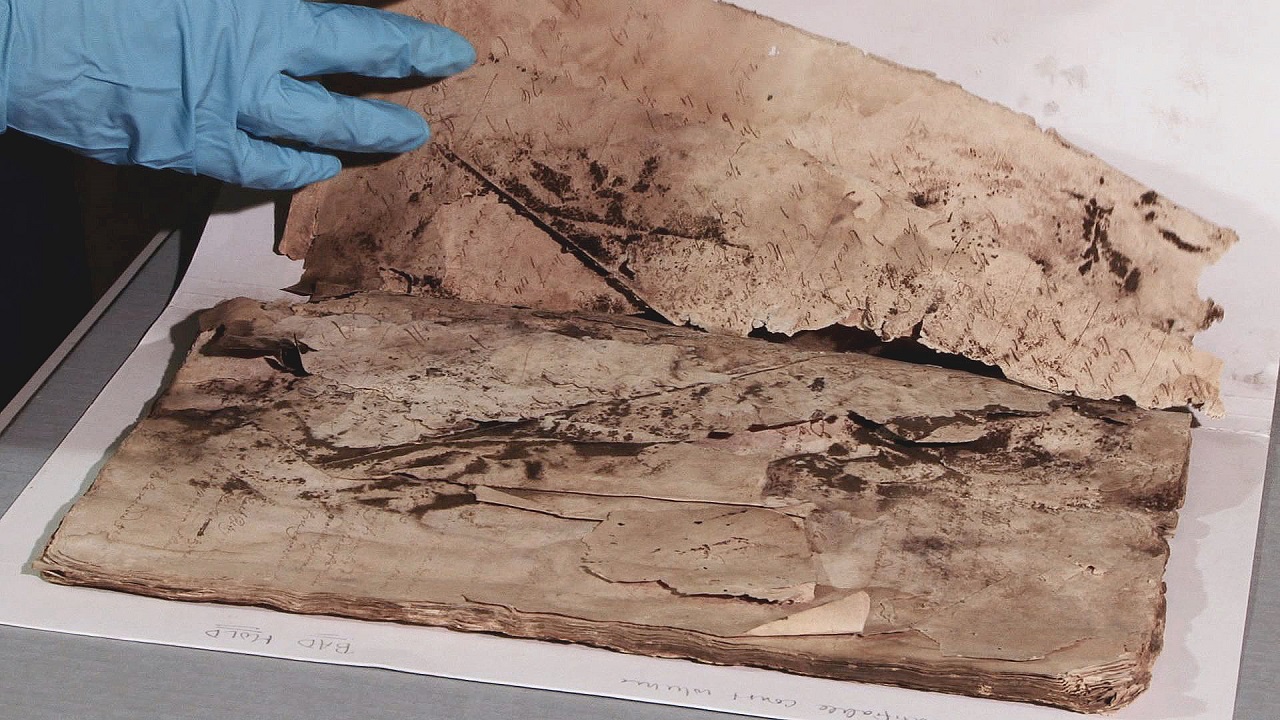Surveys estimate that over 15 percent of collections in U.S. institutions need immediate preservation or conservation attention. In order to raise awareness about the state of our national documentary heritage and the potential danger of catastrophic events, the American Library Association launched Preservation Week in the mid-2000s. As the natural disasters of recent years have shown, the concern should not be limited to institutional collections. Private collections of family, personal, and community records are equally susceptible to damage, decay, and destruction.
Books, prints, photographs, and family papers become fragile as they age and are susceptible to damage when they are not carefully handled. Proper storage is especially important to prevent light, heat, and moisture from causing problems. Even so, there are plenty of simple measures you can take to make sure your paper-based items are protected.
1. Keep things out of the light.
Both daylight and artificial light are very damaging to paper items. They can fade and become brittle a lot faster than you might imagine, so don’t leave them out where they will be exposed for extended periods of time. If you want to display your original papers or photos, consider making good quality facsimiles for this purpose.
2. Keep paper items in a controlled environment.
Temperature and humidity fluctuations can also quickly destroy your treasures. Never store paper materials in basements or attics, and especially not in outbuildings, garages, or storage facilities without air conditioning. Inside your home, make sure you keep the humidity levels to 55 percent or below. It takes only 48 hours for mold to grow in warm, humid conditions, and mold loves the starches and other organic compounds found in paper, books, and even photographs. So do insects, and they are more likely to congregate in areas that are warm and damp.
3. Use archival quality enclosures.
Acid-free card stock folders and boxes are preferred. Plastic is generally not a good idea, because it traps moisture and releases damaging chemicals when it degrades. Try to store things flat rather than folded or rolled, and don’t use any kind of fasteners like rubber bands or paper clips. Don’t put your items into wooden boxes or drawers, as wood is very acidic, and don’t keep boxes of papers on the floor.
4. Finally, don’t try to clean or repair things yourself.
It is very easy to do permanent damage. Never use tape or any kind of self-adhesive product, even if it claims to be archival. Tape will always degrade and cause much more damage than what you started out with.
–Leslie Courtois, Conservator










